Bruno LatourPhilosopherArts and Philosophy
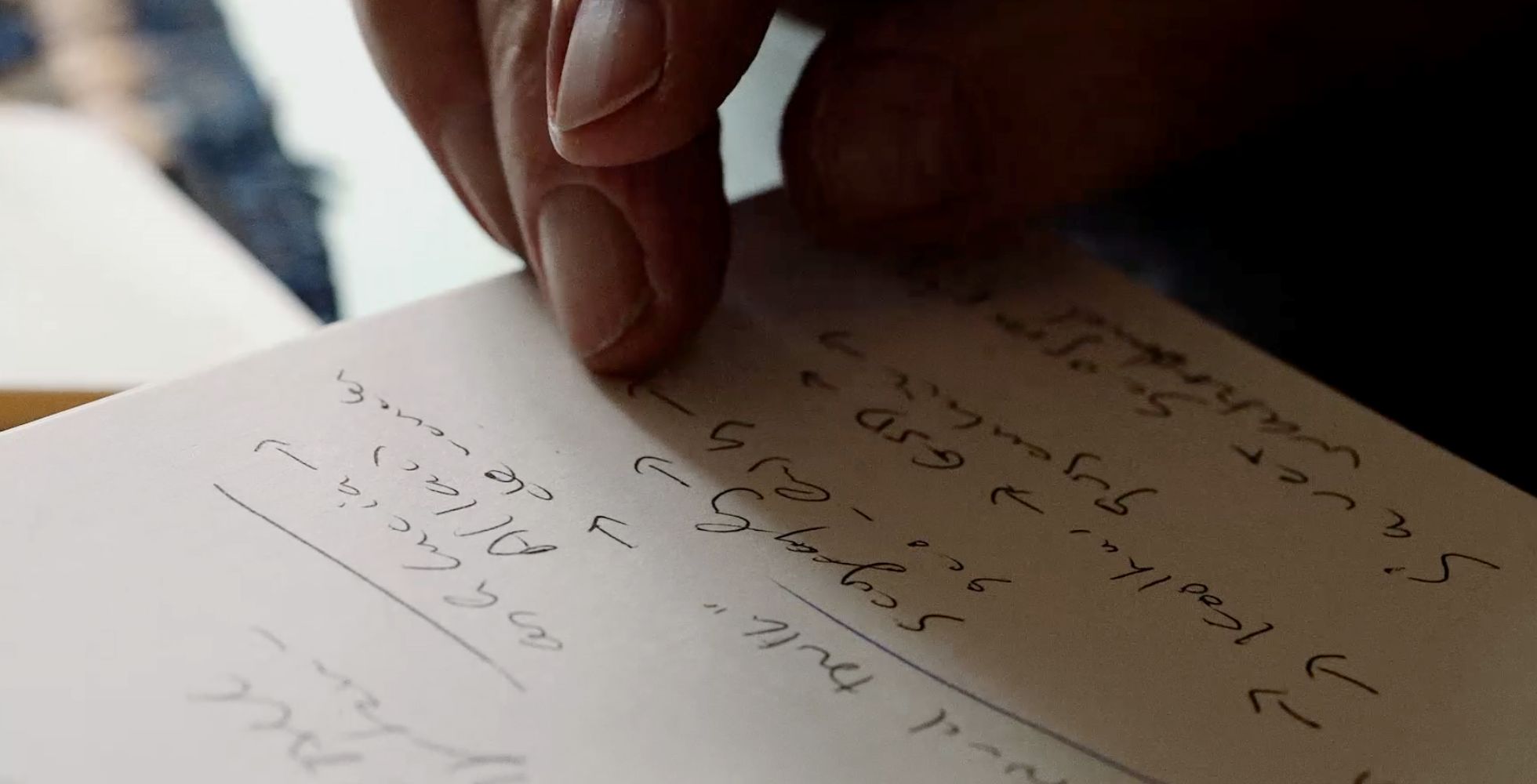
What is the activity
of technoscience?
Radically Re-examining “Modernity” by Developing a Philosophy that Focuses on Interactions Between Technoscience and Social Structure
Bruno Latour/ Philosopher
Bruno Latour has revolutionized the conventional view of science by treating nature, humans, laboratory equipment, and other entities as equal actors, and describing technoscience as the hybrid network of these actors. His philosophy re-examines “modernity” based on the dualism of nature and society. He has a large influence across disciplines, with his multifaceted activities that include proposals regarding global environmental issues.
KEYWORDS
- #Anthropology of Science
- #Actor-Network Theory
- #A philosophy re-examining “modernity” based on the dualism of nature and society
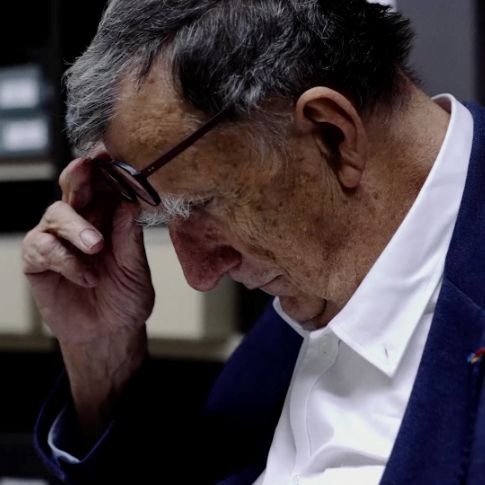
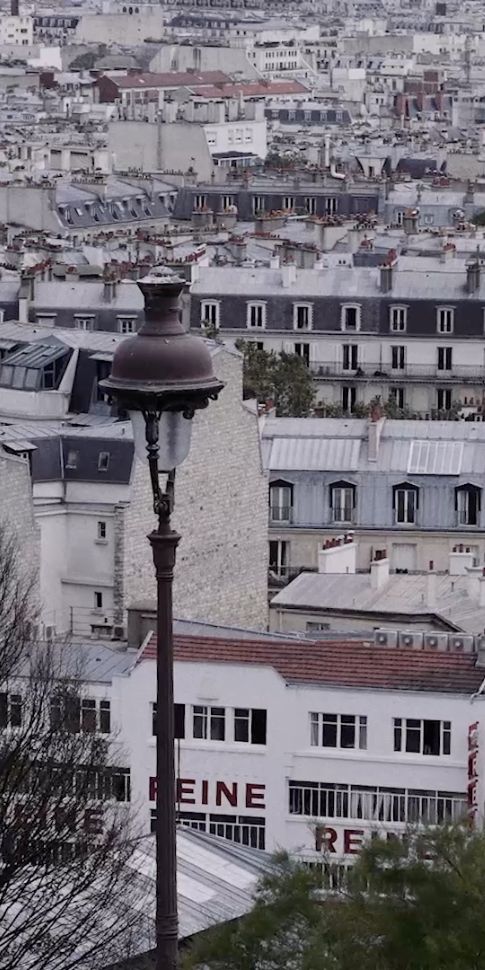

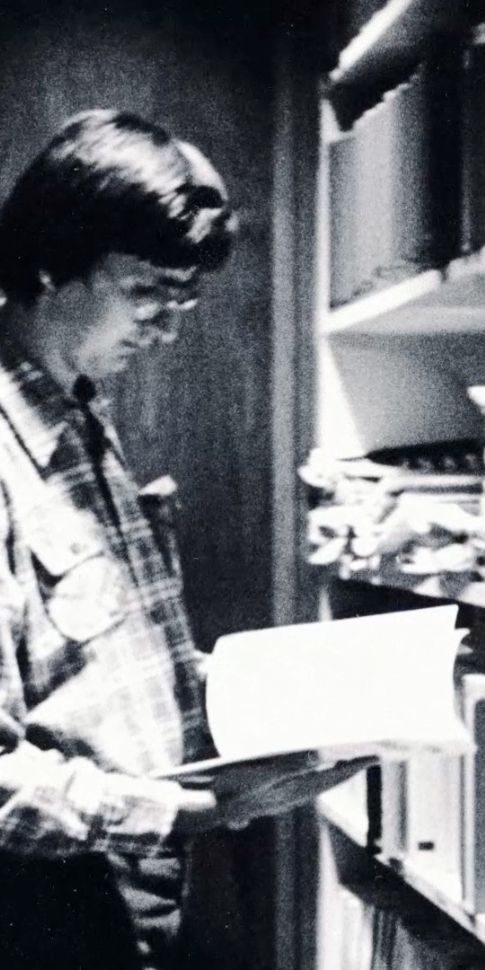

Introduction
Commemorative Lecture
How to React to a Change in Cosmology
Historians of science have learned to revise the heroic version of what Westerners call “the scientific revolution” and they have found many ways to complicate this story. However, it remains clear that in between the 16th and 18th century, Europeans had to react to a new definition of the cosmos, a new distribution of agencies among humans and non-humans. Part of the ways they understood this shift in cosmology explains their relative lack of understanding for the ways in which they had to deal with other cultures, during what was called (again with lots of caveats) “the age of discovery.” We are now living in a period that in some ways resembles the shift in the representation of the cosmos that Europeans had to live through. This time, however, it is not the discovery of an infinite universe and the possibility of expanding the resources for prosperity and development—something that has become a universal drive in the global world of the 20th century. It is rather the discovery of a limited, fragile, threatened section of the Earth, what geochemists call the “critical zone,” that corresponds to the tiny part that has been modified by living forms over the eons. What is interesting is that the shock is even greater, at least for Westerners used to the idea of “modernity,” than the shock our forbearers had to withstand at the time of Renaissance. Especially because it means modifying in very deep ways, not only their relations to “nature,” but also the drive toward progress and prosperity, just at the time when the relative successes of development in the earlier period have colonized every globalized nation. Although the situation is often portrayed as a question of “ecology” and remains a rather marginal issue side by side with economic and social questions, it should rather be defined, as I will argue, as a shift in cosmology. To withstand it, we should be able to mix scientific, legal, artistic and religious capacities.
That's a very unfortunate consequence, because it means that when we talk about those privileged objects that are falling bodies the scientists that know about them in a sort of view from nowhere, they are themselves nowhere. And that I think is one of the reasons why we were so surprised by the emergence of the virus.
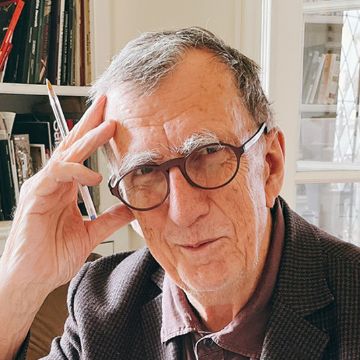
Bruno Latour/ Philosopher
Profile
Biography
- 1947Born in Beaune, France
- 1975Ph.D., University of Tours
- 1981-1982Associate Professor, National Conservatory of Arts and Crafts (CNAM)
- 1982-1991Associate Professor, Centre for the Sociology of Innovation (CSI), Paris School of Mines (ENSMP)
- 1991-2006Professor, CSI, ENSMP
- 2006-2017Professor, Paris Institute of Political Studies (Sciences Po)
- 2017-Professor Emeritus, Sciences Po
Selected Awards and Honors
- 2013Holberg Prize
- MembershipsAmerican Academy of Arts and Sciences, Royal Academy of Science, Letters and Fine Arts of Belgium, Royal Danish Academy of Sciences and Letters, The British Academy
Selected Works
- 1979Laboratory Life: The Construction of Scientific Facts (with Steve Woolgar), Sage Publications.
- 1987Science in Action: How to Follow Scientists and Engineers Through Society, Harvard University Press.
- 1991Nous n’avons jamais été modernes : Essai d’anthropologie symétrique, La Découverte. (trans. Catherine Porter, We Have Never Been Modern, Harvard University Press, 1993)
- 1999Pandora’s Hope: Essays on the Reality of Science Studies, Harvard University Press.
- 2005Reassembling the Social: An Introduction to Actor-Network-Theory, Oxford University Press.
- 2012Enquête sur les modes d’existence : Une anthropologie des Modernes, La Découverte. (trans. Catherine Porter, An Inquiry into Modes of Existence: An Anthropology of the Moderns, Harvard University Press, 2013)
- 2015Face à Gaïa : Huit conférences sur le nouveau régime climatique, La Découverte. (trans. Catherine Porter, Facing Gaia: Eight Lectures on the New Climatic Regime, Polity, 2017)
- 2017Où atterrir? : Comment s’orienter en politique, La Découverte. (trans. Catherine Porter, Down to Earth: Politics in the New Climatic Regime, Polity, 2018)
Profile is at the time of the award.
- Advanced Technology
- Basic Sciences
- Arts and Philosophy

